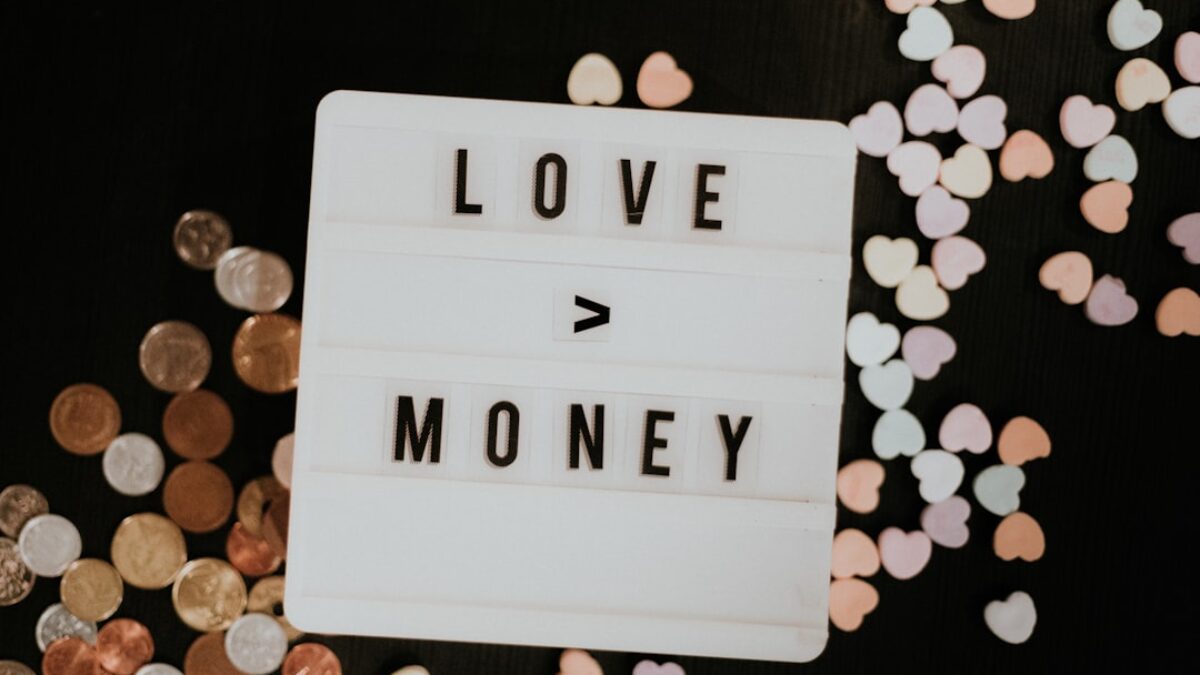In moments of economic uncertainty, Muslims around the world turn to the Qur’an and Sunnah for both spiritual guidance and practical solutions. One of the most beautiful aspects of Islam is that it never separates the material from the spiritual; rather, it teaches that true prosperity is a blend of barakah (divine blessing) in one’s earnings and taqwa (God-consciousness) in one’s spending. This article explores 7 powerful Islamic duas for financial stability and prosperity—short, potent supplications that the Prophet Muhammad ﷺ himself taught his companions to recite when they sought relief from debt, an increase in lawful income, or protection from poverty. Each dua is rooted in authentic sources, explained in context, and paired with practical tips on how to weave it into daily life so that your heart and wallet both experience sustainable growth.
Understanding Islamic Duas for Wealth and Sustenance
What Are Duas in the Islamic Tradition?
A dua (plural: ad‘iyah) is literally “a call” or “an invocation.” In Islamic law, it is the very essence of worship and the marrow of servitude to Allah ﷻ. While salat (ritual prayer) is structured and timed, dua is fluid and personal; it can be whispered in sujood, recited after fajr, or uttered silently on the morning commute. When it comes to money matters, dua is not a magic spell but a means of aligning one’s intention (niyyah) with the divine promise: “And whoever fears Allah—He will make for him a way out and provide for him from where he does not expect.” (Qur’an 65:2-3).
The Qur’anic Concept of Rizq
Rizq (provision) encompasses far more than cash in a bank account. It includes:
- Physical rizq: food, clothing, shelter, and medical care.
- Emotional rizq: loving relationships, peace of mind, and gratitude.
- Spiritual rizq: knowledge, tawfiq (divine enablement), and closeness to Allah ﷻ.
The Qur’an repeatedly links halal earnings and barakah with righteous conduct. Hence, any dua for financial increase must be accompanied by ethical business practices, avoidance of riba (usury), and generous charity (sadaqah), because “Allah destroys interest and gives increase for charities.” (2:276).
Key Components of an Effective Financial Dua
Authenticity of the Supplication
Every dua listed here is sourced from:
- The Qur’an (e.g., verses of Prophet Musa and Prophet Sulayman).
- Sahih Ahadith in Bukhari, Muslim, Tirmidhi, Abu Dawud, and Ibn Majah.
- Reports classed hasan or sahih by classical scholars such as Imam Nawawi and Ibn Hajar.
Adab (Etiquette) When Making Dua
- Wudu is recommended, though not mandatory.
- Face the qiblah if possible.
- Raise your hands with palms up, as the Prophet ﷺ did.
- Begin with praise and salawat upon the Prophet ﷺ.
- Ask with humility and conviction, not desperation or doubt.
- End with gratitude and another salawat.
Integrating Action with Supplication
Islamic finance is never passive. The Prophet ﷺ said, “The upper hand is better than the lower hand.” (Bukhari) Therefore, pair every dua with:
- Skill development and job searching.
- Networking and ethical entrepreneurship.
- Continuous sadaqah to keep the flow of barakah alive.
Below are the seven duas, complete with Arabic text, transliteration, translation, and step-by-step guidance on how to incorporate them into daily life.
1. Dua of Prophet Musa – After Hardship Comes Ease
Arabic: Rabbi innee limaa anzalta ilayya min khayrin faqeer.
Transliteration: Rab-bee in-nee li-maaa an-zal-ta i-lai-ya min khay-rin fa-qeer.
Translation: “My Lord, indeed I am in dire need of whatever good You would send down to me.” (Qur’an 28:24)
Background
Prophet Musa ﷺ uttered this after arriving in Madyan, exhausted, homeless, and without provisions. Immediately afterward, he secured both a job and a spouse—an archetype showing that honest work plus sincere dua unlock unexpected doors.
Practical Application
- When to recite: After fajr and maghrib; when filling out job applications.
- How often: 7 times with presence of heart (khushu’).
- Complementary action: Send tailored CVs to five new employers every day you recite it.
2. Dua for Debt Relief – The Sayyid al-Istighfar Formula
Arabic: Allahumma inni a‘udhu bika minal-ma’thi wal-maghram.
Transliteration: Al-laa-hum-ma in-nee a‘oo-dhu bi-ka min-nal-ma’thi wal-magh-ram.
Translation: “O Allah, I seek refuge in You from laziness and being in debt.” (Bukhari 6376)
Background
The Prophet ﷺ sought refuge from debt with the same urgency as he sought refuge from major sins, because debt can erode dignity and distract from worship.
Practical Application
- Recite three times after every obligatory prayer.
- Pair with a written debt-repayment plan using the snowball or avalanche method.
- Give weekly sadaqah equivalent to 1% of total debt; this spiritual “interest” counters financial interest.
3. Dua for Barakah in Existing Wealth – Ayat al-Kursi Plus Surah Waqiah
While Ayat al-Kursi (2:255) is famed for protection, the Prophet ﷺ linked it to barakah when recited after every fard prayer. Surah al-Waqiah (chapter 56) is dubbed “the Surah of Wealth”; the Prophet ﷺ said, “Whoever recites it every night will never be afflicted by poverty.” (Tirmidhi 2891)
Practical Routine
| Time | Action | Duration |
|---|---|---|
| After Fajr | Recite Ayat al-Kursi once | 1 minute |
| After Maghrib | Recite Surah al-Waqiah | 4–5 minutes |
| Before Sleep | Make dua: “O Allah, put barakah in what You have provided me.” | 30 seconds |
4. Dua for New Income Streams – The Talisman of Prophet Sulayman
Arabic: Rabbi awzi‘nee an ashkura ni‘mataka allatee an‘amta ‘alayya wa ‘ala waalidayya wa an a‘mala salihan tardahu wa aslih lee fee thurriyyatee.
Translation: “My Lord, inspire me to thank You for the favours You have bestowed upon me and upon my parents, and to do good deeds that please You; and admit me by Your mercy among Your righteous servants.” (Qur’an 27:19)
Why It Works
Prophet Sulayman ﷺ asked not only for abundance but also for gratitude and righteous progeny, ensuring that wealth remains a blessing rather than a trial.
Practical Application
- Recite once before launching a new product, signing a freelance contract, or investing in a halal ETF.
- Create a gratitude journal: list three new income sources you’re thankful for every Friday.
5. Morning & Evening Dua for Sustenance – Seeking Khayr at Fajr and Asr
Arabic: Allahumma inni as’aluka ilman nafi‘an, wa rizqan tayyiban, wa ‘amalan mutaqabbalan.
Translation: “O Allah, I ask You for beneficial knowledge, good provision, and accepted deeds.” (Ibn Majah 925)
Background
This concise dua covers the triangle of holistic prosperity: knowledge to earn, wealth to spend, and good deeds to secure the akhirah.
Action Steps
- Recite three times after sunrise (Salat al-Ishraq) and once after Asr.
- Allocate 20% of new earnings to skill-based courses (beneficial knowledge) and 10% to sadaqah (accepted deeds).
6. The Seven-Times Dua for Daily Bread
Arabic: Hasbuna Allahu wa ni‘ma al-wakeel.
Translation: “Sufficient for us is Allah, and [He is] the best Disposer of affairs.” (Qur’an 3:173)
Prophetic Context
When the Quraysh plotted to assassinate the Prophet ﷺ, he recited this verse and crawled out of Makkah untouched. The companions later used it during inflation and scarcity with miraculous results.
How to Deploy
- Recite 7 times after each fard prayer, especially during tough market days.
- Post it on your phone’s lock screen as a mindfulness trigger against panic-selling stocks.
7. Dua for Ethical Transactions – Istikhara for Business Deals
The Salat al-Istikhara is a two-rak‘ah prayer followed by a specific dua seeking Allah’s guidance toward what is truly beneficial. The wording includes: “O Allah, if You know that this transaction is good for me in my religion, livelihood, and end result, then decree it for me…”
Best Practices
- Perform after Isha or Tahajjud with wudu and quiet surroundings.
- Write down the signs you observe within three days—ease vs. obstacles.
- If unsure, consult a trusted shari’ah-compliant financial advisor.
Benefits and Importance of Reciting These Duas
Psychological Benefits
























Post Comment